Imagine how different the flood levee debate would be if the railway lines hadn’t cut off receding floodwaters from Depot Hill and the Yeppen Lagoon
For seven months in 1902, trains carried huge quantities of water from Stanwell to drought-stricken Mt Morgan, both for people to drink and for industrial use in the mines.
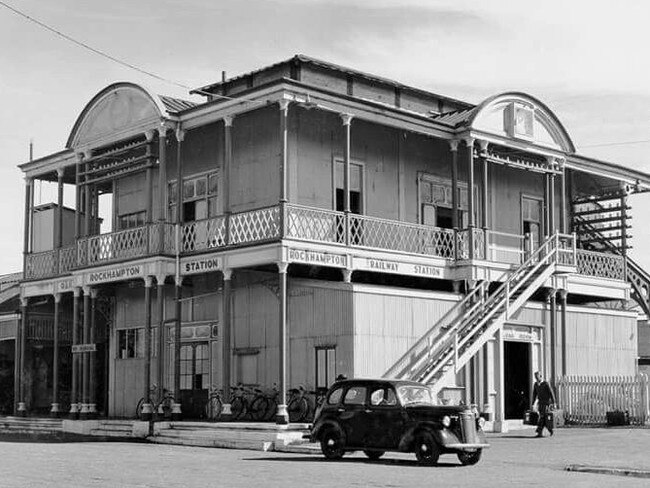
Rockhampton
Don't miss out on the headlines from Rockhampton. Followed categories will be added to My News.
There are some takeaways of especial interest to Central Queensland history buffs in the impressive oeuvre of Wollongong-based researcher Dr Andre Brett who is this year’s recipient of the Australian Academy of the Humanities’ Max Crawford Medal.
Imagine how different the flood levee debate would be if the railway lines hadn’t cut off receding floodwaters from Depot Hill and the Yeppen Lagoon.

As a self-confessed “train buff”, one of Dr Brett’s greatest passions is documenting the effect of railways on the environment in Australia and New Zealand from the 1850s to the First World War.
“Those railways defined our flood plains and altered the hydrology of our environment,” he said.
“Communities which had never experienced flooding were suddenly inundated after the railways were constructed.”
Dr Brett said early pioneers failed to engage with Indigenous knowledge about flood patterns “through ignorance or condescension” and we still bear the brunt of their mistakes decades later.
And in what he described as a “double whammy”, engineers trained in Britain or down south in Sydney were out of touch with Central Queensland’s subtropical conditions.
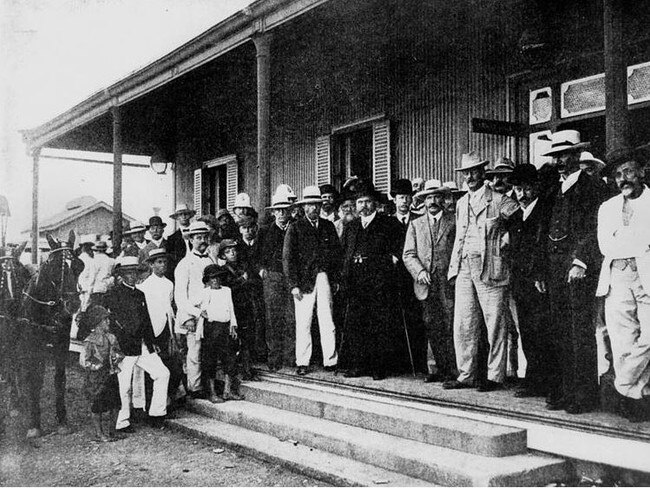
Dr Brett compared the movement of water to the migration of people chasing their fortunes as they moved around the country, altering its landscape.
“Places such as Longreach and Emerald wouldn’t exist if it hadn’t been for the development of the inland railways,” he told The Morning Bulletin.
“Rockhampton, which had a great port, exploited the inland people’s dependence both on goods imported through Rockhampton and then exporting all their wares back through Rockhampton.”
One of the things Dr Brett “absolutely loves” about the history of Central Queensland’s railways is reading the British writer Trollope’s opinion that the railway from Rockhampton to Westwood was “infinitely worse than useless”.
Trollope wrote, “It barely makes enough money to pay for engine grease”.
“He wrote that in 1873; if he’d come back 20 years later, he would have been astounded to see outback cities flourishing as the rail to Longreach crept forward.”
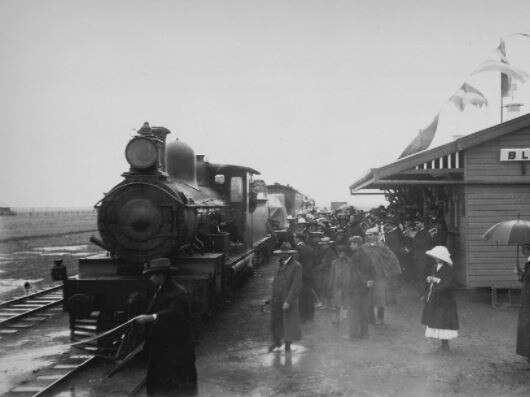
But the flip side of rail expansion, in places such as Western Australia, was the modification of natural flood plains left some towns suffering extreme drought.
“They were digging dams to get water for the locomotives, for short-term profit, and the result was, as some areas thrived, others died.”
It is ironic, therefore, that rail expansion was an “absolute lifeline” for the drought-stricken residents of Mt Morgan.
For seven months in 1902, trains carried huge quantities of water from Stanwell, both for people to drink and for industrial use in the mines.
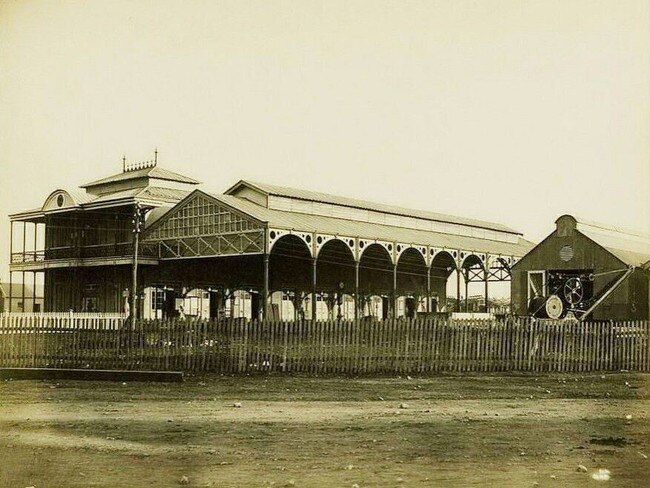
“So, although some colonial-era lines were planned with poor knowledge of the local environment, and workmen often suffered severe privations as the lines pushed into dry interior regions, once the railway opened it became a lifeline for the people who lived along it,” Dr Brett said.
“I should also add that the railways learnt from their mistakes. A lot of the flooding and difficulties caused in the 1870s – ’80s stopped by 1900 because they invested so much money alleviating the worst effects.
“They weren’t afraid to make changes as required, even if they cost a lot of money, and the long-term gains were large (cheaper maintenance, quicker trains, less flooding, effects of drought ameliorated).
“Perhaps a lesson there.”
Dr Brett was congratulated on receiving the Crawford Medal by Academy President, Professor Lesley Head.
“He should be commended for the way in which he has brought our history to life, and to many new audiences, through his use of media.”
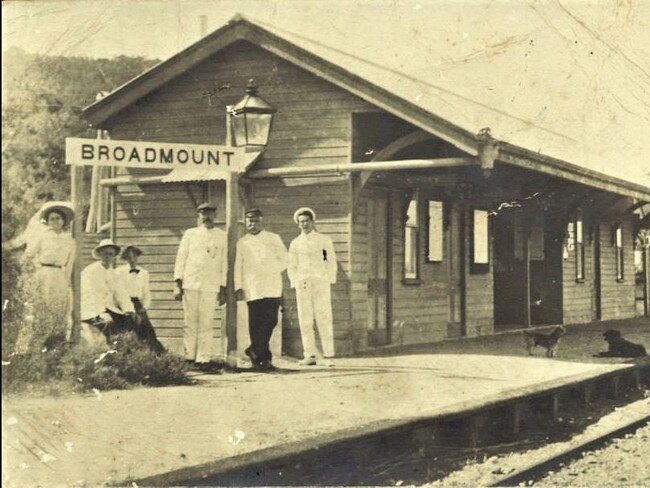
Although based in Woolongong, Dr Brett will soon begin lecturing at Central Queensland University via distance education technology.




